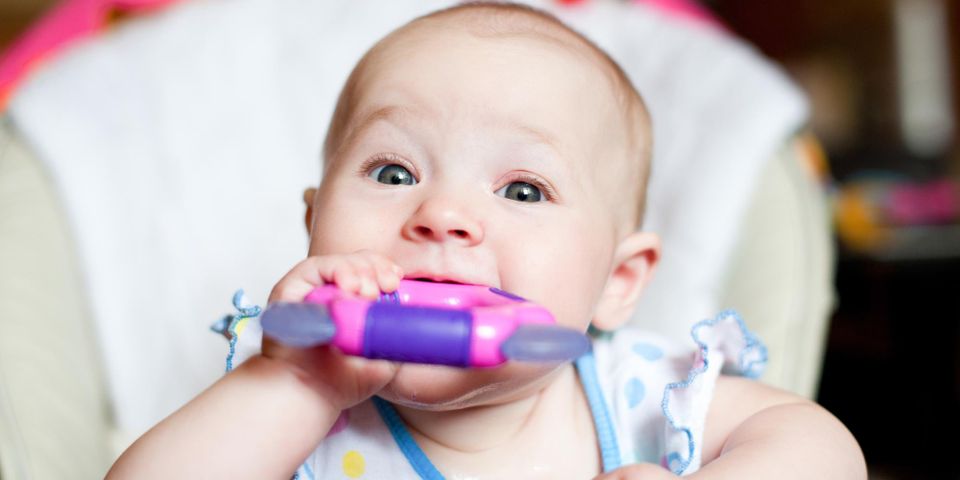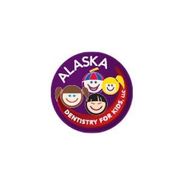
To promote strong oral health and proper development, parents and guardians should take infants to a pediatric dentist within six months of their first baby tooth emerging and no later than their first birthday. Known as teething, the process of teeth pushing through the gums can be difficult for babies and adults, so it’s important to understand what to expect. Here is some insight into this transitional time.
When Does Teething Start?
Infants have 20 teeth when they’re born, and they start to emerge between 6 and 12 months of age. Teething can last until around age 3 when the primary set of teeth should fully protrude from the gums.
What Are the Signs of Teething?
When teeth begin poking through the gums, your baby will likely be fussier than usual. They may cry more often and take longer to soothe because they’re in pain. Their gums will ache as the teeth erupt, making them less interested in food, and they may have difficulty sleeping. You may also notice small hints of blood on their gums during this time.
Many babies drool more frequently once they’ve started teething. Saliva is naturally antibacterial and protects the mouth by washing down cavity-causing food bits. Drooling may last until the child is a year and a half old while their salivary glands develop to help them digest new foods as they reduce milk consumption.
 If your child experiences the symptoms above paired with a rash, the excessive wetness from saliva during the teething phase may have irritated their skin, causing a breakout. Be sure to wipe the drool off with a soft cloth regularly. A pediatric dentist will assess the teeth's progress and advise you on how best to treat the rash if it’s stubborn.
If your child experiences the symptoms above paired with a rash, the excessive wetness from saliva during the teething phase may have irritated their skin, causing a breakout. Be sure to wipe the drool off with a soft cloth regularly. A pediatric dentist will assess the teeth's progress and advise you on how best to treat the rash if it’s stubborn.
How Can You Ease the Pain?
Parents and guardians may soothe teething pain by washing their hands and gently rubbing a finger along the babies’ gumline. This massage increases circulation and eases aches.
Let the child chew on chilled teething toys to numb the area, and be sure to wash the toys between uses to prevent bacteria growth. Pediatric dentists recommend solid toys over gel-filled options, as they won’t burst or break. Never let the child use these teething toys unsupervised because they could pose choking hazards.
Families looking for a pediatric dentist to ease their child's teething discomfort should contact Alaska Dentistry for Kids in Anchorage. The children’s dentist team offers compassionate care that will make your little ones feel comfortable. Visit the website or call the Huffman Park Drive location at (907) 274-2525 for information on their specialties, such as cleanings and lip tie treatment.
About the Business
Have a question? Ask the experts!
Send your question

